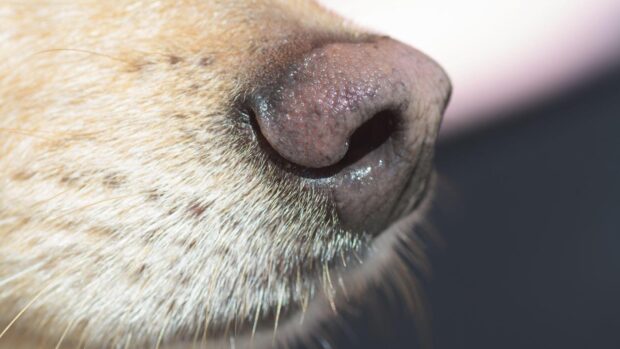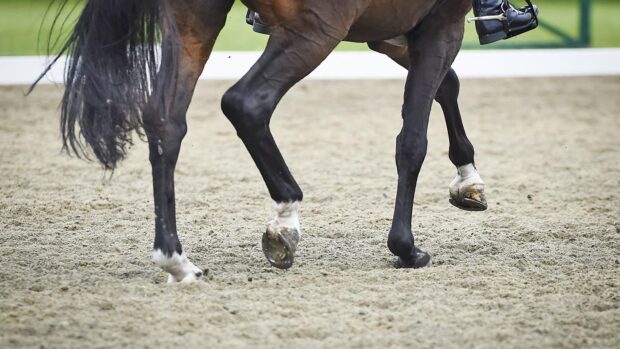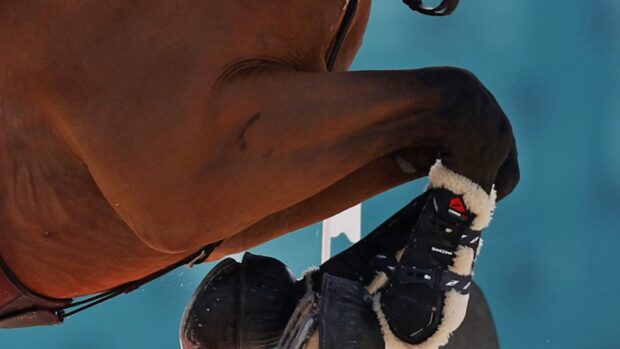Olympic champion showjumper Steve Guerdat has been provisionally suspended by the FEI after two of his horses tested positive for banned substances.
The two horses — 2012 Olympic gold medal winner Nino Des Buissonnets and Nasa — have been provisionally suspended for two months.
A third Swiss showjumping horse, Charivari KG ridden by Alessandra Bichsel, has also been suspended for the same period of time.
The FEI announced the news today (Tuesday, 21 July). The riders and owners now have the chance for a preliminary hearing before the FEI Tribunal to request the lifting of the provisional suspension.
Steve and Nino Des Buissonnets have been shortlisted for the Swiss team for the European Championships next month (19-23 August) at Aachen, so if the ban is upheld they look likely to miss the competition.
“The provision suspension will be in place until it has been lifted by the FEI Tribunal,” an FEI spokesman told H&H.
“If it is lifted before 10 August when the definite entries for the FEI European jumping championships 2015 close, Steve Guerdat will be eligible to compete.”
Samples were taken at the CSIO5* at La Baule in France on 17 May from Nino des Buissonnets, on the day the 14-year-old gelding won the grand prix.
The tests returned positive for codeine and oripavine — banned substances — and morphine, a controlled substance.
At the same show but a day earlier (16 May), samples were taken from Steve’s other ride, Nasa, after the 14-year-old grey mare finished third in the La Baule Derby.
These tests were positive for codeine and morphine. The horse’s sample also showed traces of oripavine, but not at a sufficiently high level for the testing laboratory to declare a positive for the substance.
Meanwhile samples taken at the CSIOY young riders in Deauville, France, on 8 May from the horse Charivari KG ridden by Alessandra Bichsel, also have returned positive for codeine and oripavine, and morphine.
As a result, Steve Guerdat and Alessandra Bichsel have both been provisionally suspended from yesterday (20 July) and the three horses have been provisionally suspended for two months.
“The presence in all these samples of oripavine, which is not found in any veterinary products, suggests that this could be contamination, but obviously we still have to follow standard procedure,” said FEI secretary general Sabrina Zeender.
“The combination of oripavine, morphine and codeine have frequently been seen in contamination cases from other equestrian sport regulators. The FEI already has three outstanding cases from 2014 involving oripavine and morphine in which we proactively sought the lifting of the provisional suspensions.
“As the regulator of international equestrian sport, we have to balance fairness to the athletes with our dual role of protecting horse welfare and maintaining a level playing field.”
Oripavine is an opioid analgesic that is not used clinically due to its very narrow therapeutic margin (small margin between being therapeutic and toxic) and extremely high toxicity levels.
Oripavine positives are frequently the result of poppy seed ingestion. Codeine and morphine, both of which are found in poppy seeds, are also analgesics.
Due to increasing evidence of poppy seed contamination resulting in positives, the FEI downgraded morphine from a banned substance to controlled medication in 2013.
Among a number of proposed changes to the equine prohibited substances list due to come into effect on 1 January 2016, codeine is listed for a similar downgrading to controlled medication.




